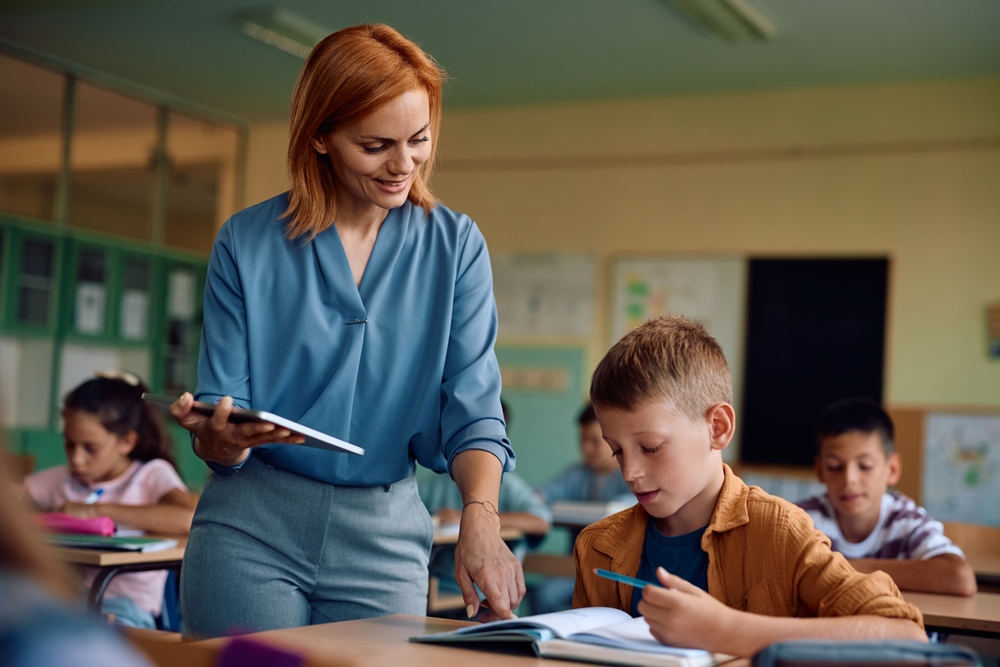Here are some habits of an effective teacher:
Establish clear expectations: Effective teachers establish clear expectations for their students, including behavioral expectations, academic goals, and classroom policies. This helps students understand what is expected of them and creates a structured and supportive learning environment.
Develop positive relationships: Effective teachers develop positive relationships with their students, building trust and creating a sense of community in the classroom. This can include being approachable, listening actively to students, and showing interest in their lives outside of the classroom.
Use a variety of teaching methods: Effective teachers use a variety of teaching methods to engage all learners and support different learning styles. This can include group work, hands-on activities, and technology-based instruction.
Encourage active learning: Effective teachers encourage active learning, where students are actively engaged in the learning process and take ownership of their learning. This can include asking open-ended questions, promoting discussion, and providing opportunities for student choice and voice.
Provide feedback: Effective teachers provide regular feedback on student progress, both positive and constructive. This helps students understand what they are doing well and where they can improve and shows that the teacher is invested in their success.
Reflect on teaching practice: Effective teachers reflect on their teaching practice and seek out opportunities for professional development. This can include attending workshops and conferences, collaborating with colleagues, and seeking out feedback from students and peers.
Stay organized: Effective teachers stay organized, keeping track of lesson plans, assignments, and student progress. This helps them stay on top of their responsibilities and provide timely and effective feedback to students.
Create a positive learning environment: Effective teachers create a positive learning environment, where students feel safe, supported, and respected. This can include using positive reinforcement, modeling appropriate behavior, and addressing disruptive behavior in a constructive and supportive manner.
Continuously improve teaching skills: Effective teachers are committed to continuously improving their teaching skills, seeking out new ideas and approaches to instruction, and staying up to date on the latest research and trends in education.

A study by the National Bureau of Economic Research found that effective teachers can have a significant impact on student learning outcomes, with the effects lasting long after students leave their classrooms.
By developing these habits, teachers can create a dynamic and engaging learning environment that promotes student success and achievement. They can inspire and motivate their students and help prepare them for success in school and beyond.








